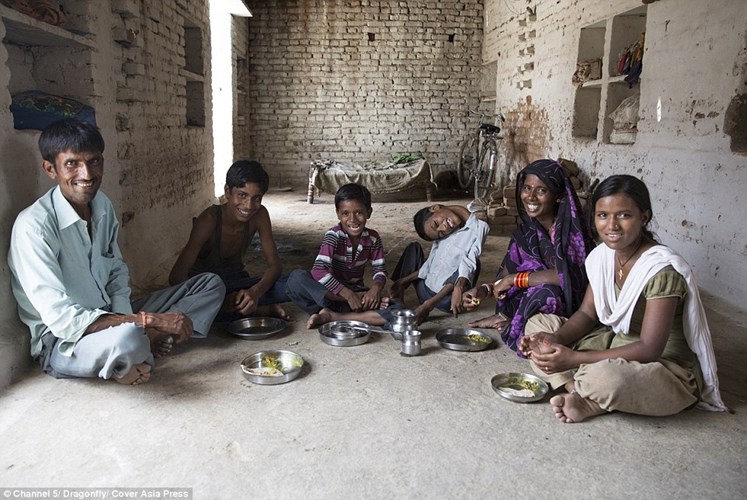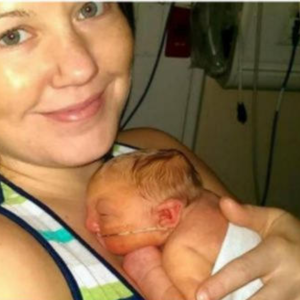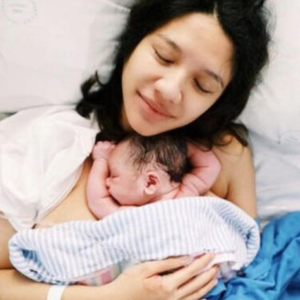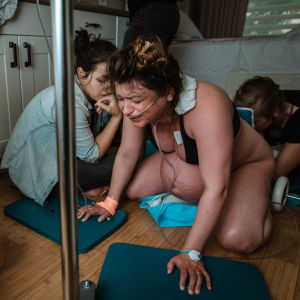In a heartbreaking saga, Mahendra Ahirwar, born into poverty in India, faced a life-altering challenge. Afflicted by a rare disease, his neck muscles weakened, rendering his head unable to stand upright. Instead, it hung downward over his shoulder blades and chest, forcing him to perceive the world at a 180-degree angle for an agonizing 13 years.

The revelation of Mahendra’s condition occurred when he was just six months old. Initially dismissed as mere weakness, the severity became apparent as he reached the age of three. Trapped in a life where basic functions such as walking, eating, and even using the toilet were insurmountable tasks, Mahendra depended entirely on his family for assistance.
Despite being from a humble farming background, Mahendra’s parents exhausted all resources in pursuit of treatment. Over a decade, they sought medical expertise from India’s top hospitals, including the National Institute of Medical Sciences in New Delhi, only to be met with an inability to identify the root cause of the ailment.
The family faced a poignant decision to halt medical efforts, opting to provide Mahendra with the most comfortable life possible. His mother, Sumitra Ahirwar, expressed the daily challenges of carrying him like a perpetual baby, with an uncertain future looming large.
The plight of Mahendra reached global attention in 2015, prompting Julie Jones from Liverpool, UK, to initiate an online fundraising campaign. Within days, the campaign amassed £11,791, a sum that garnered the attention of Dr. Rajagopalan Krishnan, a surgeon at New Delhi Hospital, who graciously offered to treat Mahendra free of charge.
In February 2016, after a complex surgery, Mahendra’s neck regained its upright position. The surgery offered a glimpse of normalcy, allowing him to attend school, learn, and play with friends. However, this respite was tragically short-lived. On November 5, 2016, just eight months post-surgery, Mahendra suddenly passed away at the age of 13 while watching TV.
Dr. Rajagopalan Krishnan, deeply affected by the swift turn of events, speculated that Mahendra’s death may have been related to unforeseen heart or lung complications. Despite the tragic outcome, Dr. Rajagopalan acknowledged Mahendra as one of the bravest children he had ever treated.

The underlying condition, identified as congenital myopathy, is a neuromuscular disorder present at birth, often stemming from genetic abnormalities controlling muscle growth. Characterized by muscle weakness, atrophy, and potential complications like difficulty breathing and bone diseases, congenital myopathy manifests later in a child’s life.
The poignant story of Mahendra Ahirwar serves as a stark reminder of the challenges faced by those grappling with rare diseases, emphasizing the critical need for awareness, compassion, and medical advancements in the ongoing quest for solutions.





